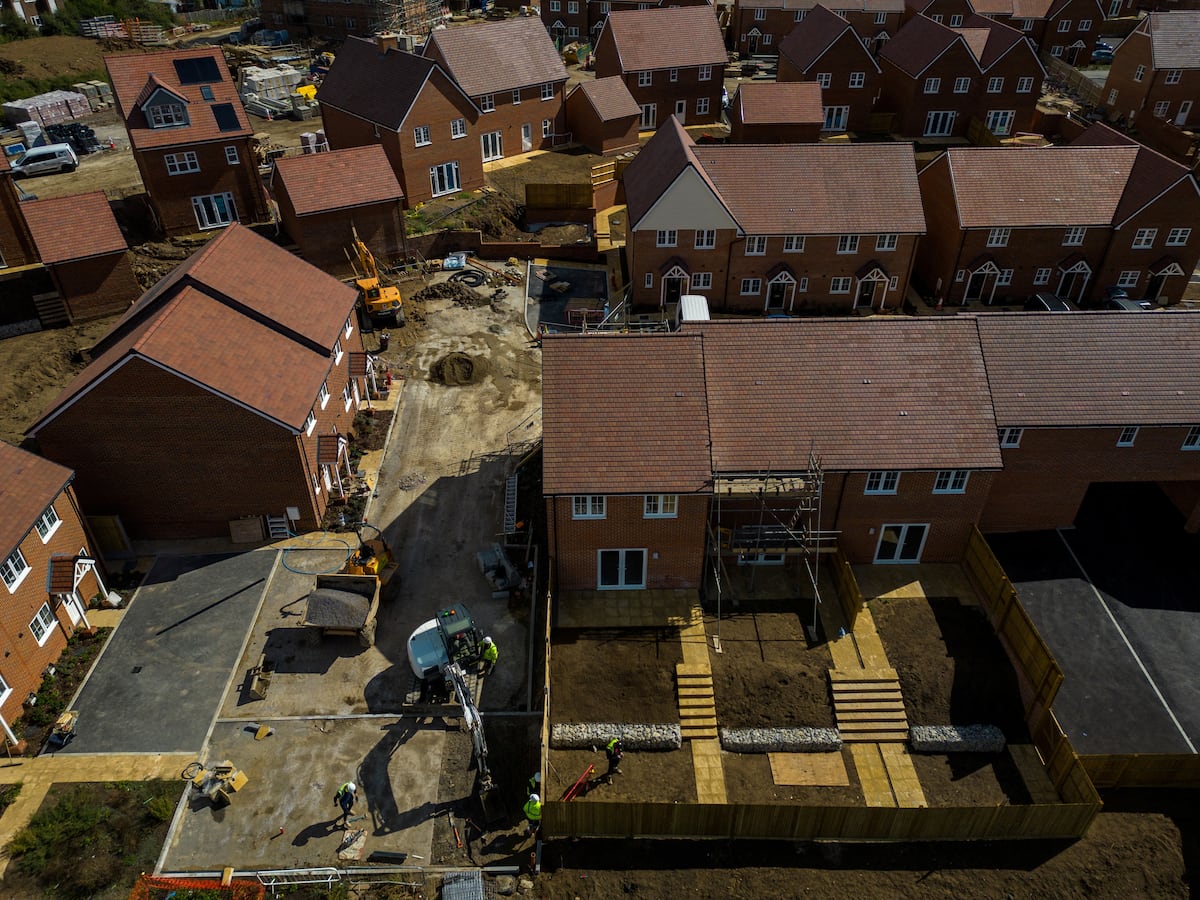Prices have risen by 54% in the United States, 32% in China and nearly 15% in the European Union between 2015 and 2024. Though policies have been implemented to increase supply and regulate rentals, their impact has been limited and the problem is getting worse
Housing access has become a critical issue worldwide, with cities that were once accessible reaching unsustainable price points. Solutions that have been proposed, like building more houses, capping rents, investing in subsidized housing and limiting the purchase of properties by foreigners have not stemmed the issue’s spread. Between 2015 and 2024, prices rose by 54% in the United States, 32% in China and by nearly 15% in the European Union (including by 26% in Spain), according to the Organisation for Economic Co-operation and Development.
…
Salaries have not grown apace with real estate prices. In the EU, the median rent rose by 20% between 2010 and 2022, with rental and purchase prices growing by up to 48%, according to Eurostat. Underregulated markets are wreaking havoc, and in the United States and Spain, 20% of renters spend more than 40% of their income on housing, while in France, Italy, Portugal and Greece, that percentage varies between 10% and 15%, according to the OECD. Many countries have created programs aimed at increasing the future supply of public housing, but their effectiveness has yet to be determined and analysts say that results will be limited if smarter regional planning decisions are not made.



It’s affecting the working poor worse. the middle class can still afford rent far easier.
Middle class isn’t real. Everybody (perhaps over a certain age) thinks they are the middle class. There are those who own the factories, farms, offices, etc. And there are those who go in and sell their labour to make a living. “Middle class” is a term invented to sow division in the second group.
What a dishonest argument.
There’s a world of difference from someone barely getting by, living paycheck to paycheck, versus a middle class worker well into their career, able to afford minor luxuries and still squirrel away money for savings and retirement.
I am middle class. I am 20 years into my career. I make comparatively good money.
But due to not prioritizing buying property, I’ve pretty much missed my window. I can qualify for a mortgage, have the 20% down-payment, but the monthly payment would pretty much wipe me out, costing around $3k more per month than renting.
If I were at this point in my career 20 years ago, I could have easily afforded a house comfortably.
That is what we’re talking about when we talk about the housing crisis for specifically the middle class.
https://www.cbc.ca/radio/checkup/it-basically-means-nothing-why-some-economists-are-skeptical-of-the-term-middle-class-1.5258989
Middle class doesn’t mean anything. It’s a term to pander to suburbanites.